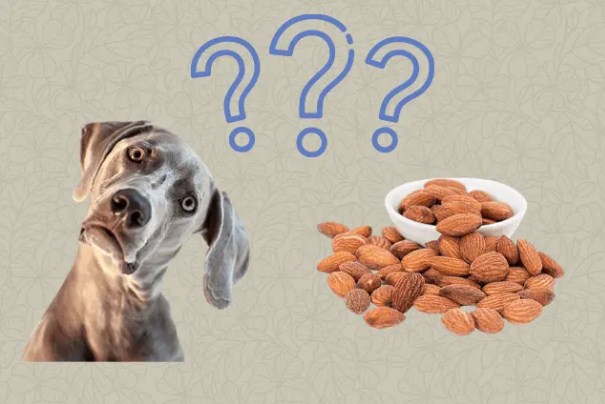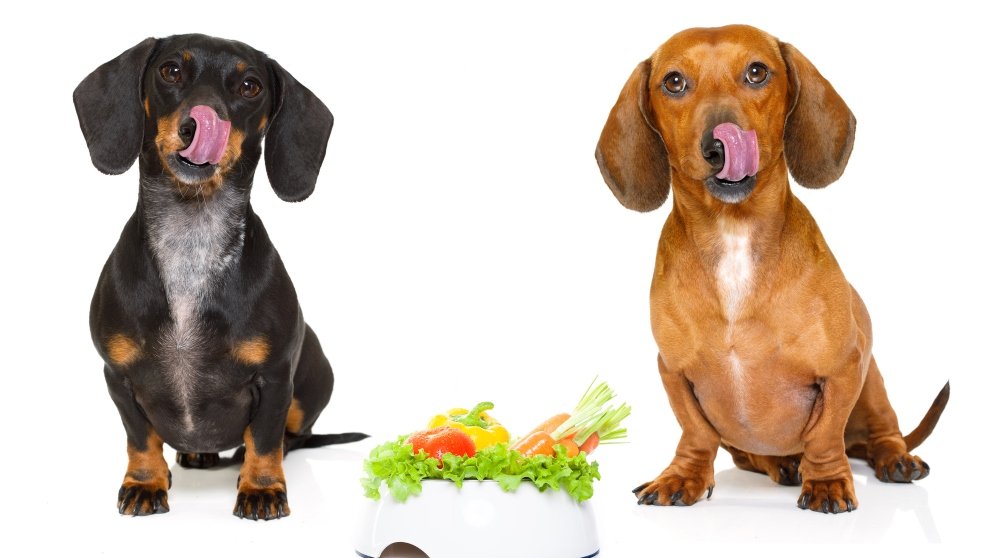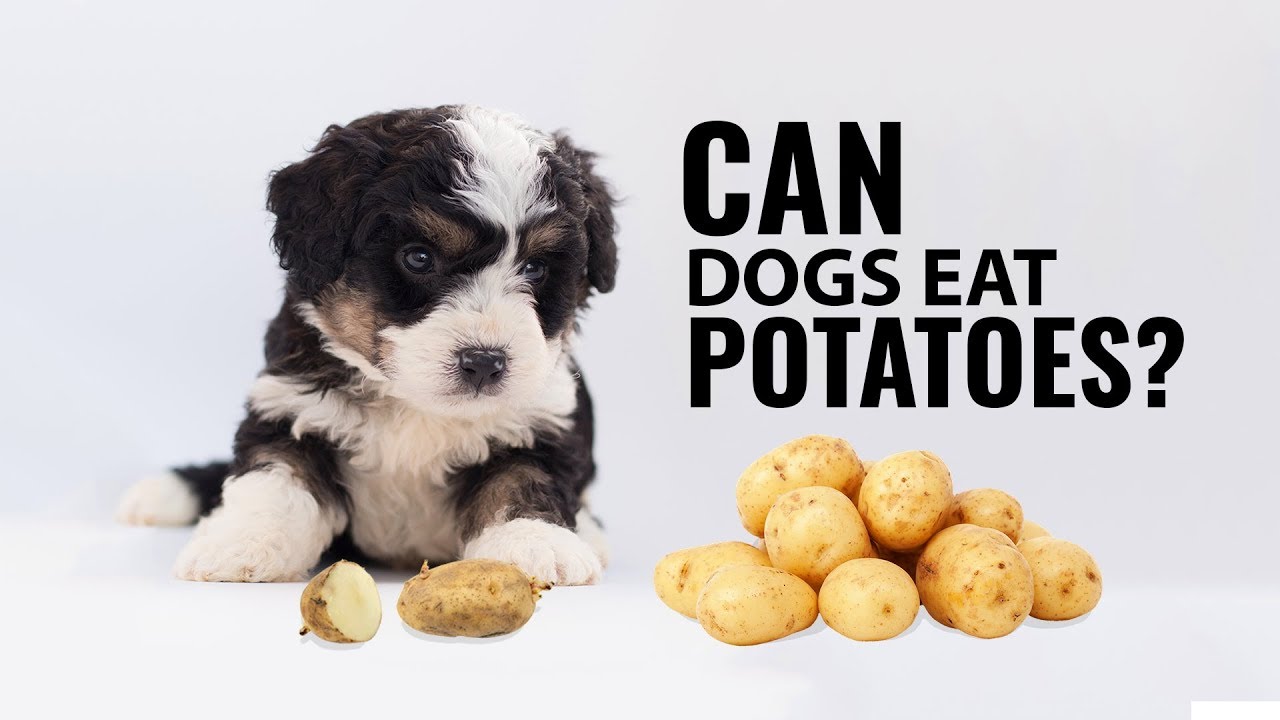toxic foods for dogs? He is a great companion and on many occasions our best friend, so we want our dog to stay healthy and happy, a task that depends largely on us and the care we provide to our pet. To ensure the welfare, health, and safety of our pet, it is essential to know what to feed a dog, what its nutritional needs are and to be aware of those dangerous dog foods, which can be potentially toxic. For this reason, in this article of a COMO, we explain what are the toxic foods for dogs that you should avoid giving at all costs, although from now we clarify that no food is completely deadly, but that the more or less serious toxicity depends on the quantities.
Index
- Are nuts dangerous for dogs?
- Are grapes toxic to dogs?
- garlic bad for dogs?
- Is onion toxic to dogs?
- chocolate bad for dogs?
- Aloe vera, toxic to dogs?
- Is avocado bad for dogs?
- Other toxic foods for dogs
Most common causes of diarrhea in dogs
As with humans, any radical change in the dog’s diet, the intake of any foreign substance or the presence of parasites and bacteria, can cause diarrhea, so it is important to be vigilant and try to discover the origin of this condition.
Some common causes why your dog may have diarrhea are:
- Intake of some foreign or toxic substance, of garbage or of some broken food. Eating any of the toxic foods for dogs can also cause stomach upset.
- A drastic change in the diet of the animal: moving from one brand to another, from feed to canned food or from feed to homemade food can cause intestinal disorders.
- Presence of bacteria or gastrointestinal parasites.
- Food allergies
If you suspect that your dog has ingested a highly toxic substance, such as poison, a cleaning product, etc., it is essential that you take it immediately to the veterinarian, as your animal may be in serious danger. In addition, trying to find the cause of diarrhea in the dog will be of great help to promote recovery.

Are grapes toxic to dogs?
Grapes, raisins, and currants are quite frequent in our diet, but they are on the list of toxic foods for dogs, cats and ferrets.There have been numerous cases of poisoning by grapes in dogs around the world and you can see symptoms such as those described in the Pet Poison Helpline Animal Poison Control Center and indicate below:
- Diarrhea
- Vomiting
- Apathy
- Lethargy
- Weakness
- Anorexy
- Kidney problems
- Hyperphosphatemia or elevated blood phosphate levels
- Hypercalcemia or very high blood calcium levels
For all this, it is considered that raisins and grapes are bad for dogs. However, it is not yet known what the component of grapes is, as well as raisins, which causes this reaction in dogs, but research is still underway. In addition, not all dogs have such a reaction, either at the same level or for the same amount of grapes ingested. Just in case, it is better to never give grapes and raisins to our dog, since it also does not provide nutritional benefits that can not be obtained from other healthy food sources.

Is garlic bad for dogs?
This vegetable has been used as a natural antibiotic and antiseptic in both people and animals. However, garlic has long been said to be toxic to dogs, as we can see in Pet Poison Helpline. Garlic contains a substance called allicin that, when the food is chewed, breaks down into n-propyl disulfide and this causes oxidation in the red blood cells causing them to be destroyed, which is known as hemolytic anemia. Symptoms such as vomiting and other gastrointestinal problems can also be detected in addition to jaundice in severe cases.
What has been shown is that this food thus affects some dogs and others do not, so it is believed that it depends on individual health and that there are dogs more sensitive than others, such as the Akita Inu and Shiba Inu.
It has also been verified that without doubt anemia and other serious problems appear when it comes to very high doses of garlic.
The extreme belief that garlic can poison and even kill a dog began from a study conducted in Japan in 2000, specifically at the University of Hokkaido,
in which doses between 1.25ml and 5ml of extract were administered of raw garlic directly injected into the stomach to several dogs.
It is a very high and concentrated dose, which would even make a person sick, and the result was that the dogs appeared hemolytic anemia known as “Heinz body anemia” and, thus, the idea that Garlic is very toxic to dogs.
The reality is that some dogs are not affected and others do, especially those who have immune or blood problems, so it is always discouraged to give garlic to the latter. It has also been recently estimated that the amount from which poisoning can begin is from 15 grams/kg in dogs. Therefore, poisoning by this vegetable depends entirely on the health of the animal but especially on the dose given, but no dog will eat this dose on its own since it is really high.
Although it is often considered one of the harmful foods for dogs, by eating a little from time to time they will not be poisoned, much less die. In normal doses and occasionally given to a dog, garlic is beneficial for your health. It is considered as an antibiotic, antifungal, vermifuge and antiparasitic both internal and external, among other properties, very effective and widely used in natural medicine.
Appropriate doses of garlic for dogs
If we seek to strengthen the health of our hairy and prevent conditions, giving 1 or 2 cloves of cooked garlic and mixed in their food 1 or 3 times a week will be enough, it is not necessary to give it daily. For treatments of health problems, such as internal and external parasites, garlic can be given for a week followed as a shock treatment. In these cases, an amount that some scholars have proven to work is to give 1 clove of garlic daily for every 20kg of dog, approximately, for a week as a shock treatment.
Is onion toxic to dogs?
Following the list of toxic foods for dogs, another one that has been mentioned a lot is onion, with which the same thing happens as with garlic. These two vegetables are from the same family, Allium, and both contain allicin. Only in large quantities, these vegetables are potentially dangerous to the health of our partner. What is certain is that there are dogs more sensitive to the onion and, especially if we give it raw, it can cause diarrhea, vomiting and other gastrointestinal problems.
As it is a food that, although it does act as a repellent and antiparasitic, it does not bring as many benefits like garlic and canines in nature will not expressly eat an onion having other foods such as meats, fish and some fruits nearby, it really is not It is necessary to give onion to a can or in small doses.

Is chocolate bad for dogs?
Among the foods that dogs cannot eat is chocolate, which for years has been believed to be totally toxic to dogs. This thought occurred following an experiment very similar to that of garlic. This was made in the year 1980 and was carried out by the subsidy of an American company manufacturing chocolates and candies. The experiment was based only on theobromine, an alkaloid that stimulates the cardiovascular system and the central nervous system and is part of the cocoa composition.
The experiment consisted of directly injecting pure theobromine into several dogs and the doses were between 15 and 1,000mg per kilo of dog, which is to say an exaggeratedly high amount and that a dog would never be eaten on its own. Some animals suffered fibrous cardiomyopathies, a type of heart problem, and others died due to overdose.
All cocoa-containing chocolates have theobromine in more or less quantity. The more cocoa or the purer this is, the higher the dose of theobromine Normally this amount ranges from 0.2 mg to 393mg per 28g of chocolate. It has been estimated that the dangerous theobromine dose for dogs would be between 250 and 500 mg/kg of dog.
Therefore, for a dog to suffer damage it would have to eat a lot of chocolate, something that they don’t naturally do. In order for a 5kg dog to present intoxication, it would have to eat between 90 and 180gr of dark chocolate and a 25kg dog would have to eat between 400 and 900gr of dark chocolate. So, if our hairy eat a little of this sweet accidentally, that day may have diarrhea or not, but in principle, nothing serious will happen for it. However, it should not be part of a dog’s diet because it does not contribute anything to cover their nutritional needs.
Aloe vera, toxic to dogs?
The only parts of the aloe vera leaves that can be toxic to dogs are the skin, which also has skewers that can make small wounds in the mouth and digestive system, and the yellowish acíbar or substance between the pulp and the skin of the leaf. When a dog swallows this substance or the skin or takes too much pulp at one time, it can present these symptoms of mild poisoning, from more common to rarer:
- Diarrhea
- Vomiting
- Anorexy
- Depression
- Change in urine color
- Tremors
Actually, aloe vera gel or pulp is very beneficial for dogs and also for cats. It has regenerating, moisturizing, refreshing, soothing, anti-inflammatory and antibacterial properties, among others.

Is avocado bad for dogs?
Another of the most common doubts is whether an avocado is toxic to dogs or not since it has been heard and read a lot that is really bad and can even kill them. However, according to various studies, as we can see again in Pet Poison Helpline, it is necessary to clarify what is really in this.
Avocado can cause mild poisoning in dogs, as well as cats and ferrets, while it can cause a moderate or severe toxic reaction in ruminants and birds. The component that causes this reaction is a persona , a toxin that is found in the bone and in the shell but is not in the pulp of this fruit. It should be borne in mind that being a mild poisoning, poisoning may or may not appear; It will depend on the state of health of the animal and the concentration of persona it takes. Among the possible symptoms we find:
- Sickness
- Vomiting
- Diarrhea
- Lethargy
- Lack of appetite
But, as we have pointed out, the avocado pulp is good for dogs and can be given from time to time by providing them with many fatty acids and antioxidants necessary to take care of their skin, fur, heart, brain and immune system.
Avocado peel and bone are prohibited for dogs; In addition, the bone is really dangerous because it can get stuck in the throat of the can and cause its suffocation.

Other toxic foods for dogs
In addition to the foods discussed so far, there are many more products that we sometimes include in our diet that turn out to be toxic foods for dogs. No wonder they are dangerous for our furry since they are not healthy for us either:
Alcoholic drinks
They are not part of a healthy diet because they do not provide any nutrition that is suitable for humans or dogs. Alcoholic drinks intoxicate the body, damaging mainly kidneys, liver and brain. In the case of dogs, the same thing happens, but they need much less to suffer these damages or even failures of these organs that cause them death.
Coffee and energy drinks
We have a fast heartbeat and affect the CNS due to caffeine and can be affected in the same way. The difference is that caffeine and other similar substances such as theine affect them more intensely since their body is not accustomed. It can cause heart problems and, depending on the weight of the animal and the dose of caffeine, also other much more serious problems. In addition, energy drinks often contain a lot of sugar, which is an unnecessary amount for dogs and does not provide them with any essential nutrients.
Soft drinks and industrial pastries
They contain a high level of sugars totally unnecessary for dogs and, in the case of industrial pastries, also bad fats. All this does not directly intoxicate the animal but it does decrease their health and can cause diseases such as diabetes, cholesterol, overweight, oral problems, diarrhea, and chronic intestinal irritation, and so on.
Dairy products
The puppy is fed with breast milk, but after this stage, many dogs develop lactose intolerance, so it is not convenient to give them any type of food that contains it. Not all dogs develop lactose intolerance and you have to try giving them a little and according to their reaction remove it from their diet or continue offering dairy products from time to time. Thus, in a dog with this intolerance, vomiting, diarrhea, and stomach upset are detected when eating milk, cheese, yogurt, etc. To get calcium and vitamins we can give them products without lactose or other foods such as some legumes.
Prevent your dog from accessing any of these highly toxic foods for dogs , as well as those that are only somewhat harmful, but if you see him consuming one or realize that he has taken a large amount it will be useful to know what to do if your pet It is intoxicated and do not hesitate to take it to the nearest veterinary emergency .







